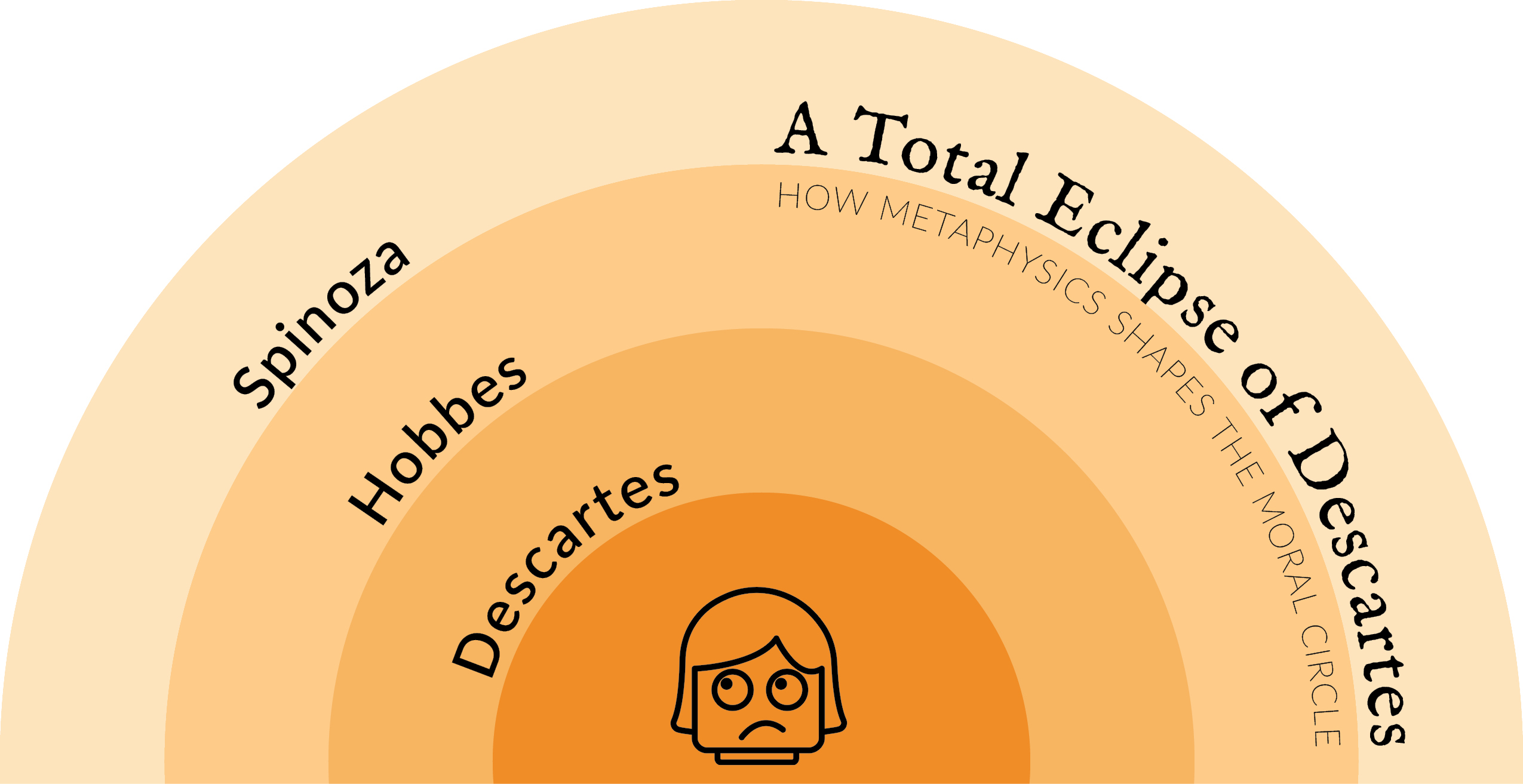AustLit
-
Editor's note: This digital portfolio was completed by Tyson Etri for PHIL2013 and published by Cirrus as an example of superlative student work.
-
Contemporary debates on humanity are reluctant to reduce humanity to mere matter determined and controlled entirely by nature. Instead, a view of reality prevails that considers we humans to be exceptional or different from the rest of nature, in capacity, characteristic or essence. It is claimed that our exceptional qualities place us at locus of the moral universe, confering higher moral status and justifying control and domination of nature. Such views are broadly termed anthropocentric (Blackburn, 2016). However, anthropocentric views are challenged by those that claim that we have overestimated our place in nature, that we are not exceptional, and that our control and domination of nature is unjustified. Such views are broadly termed ecocentric (Park & Allaby, 2013).
An interesting litmus test for where we see ourselves in relation to nature is the moral circle. The moral circle asks us to define our scope of moral concern, that is, to draw the line around beings that we think deserve moral consideration (Singer, 2011; Laham, 2009). However, in order to do the exercise, we must first reflect on what we are and what (if anything) makes us different to other beings. This question as to what makes humans different was a hotly contested issue in 17th century metaphysics and three systematic thinkers, Descartes, Hobbes and Spinoza each offered radically different accounts on this issue. This portfolio unpacks relevant parts of each system and discusses it in the context of 17th century philosophy.
While there are myriad factors that influence how we see ourselves and our relation to nature, I argue that metaphysics radically affects where we place ourselves. I argue that the most severe anthropocentric views reflect the legacy of Cartesian dualism. I suggest that Hobbes espoused a version of materialism that expands the moral circle but nonetheless regards humans as exceptional and therefore remains anthropocentric. Finally, I examine Spinoza's explicit and heretical break from anthropocentrism and look at his impact on ecophilosophy, connecting his monism with the contemporary Deep Ecology platform.
Let's start by asking the question: what am I?
You might be interested in...





